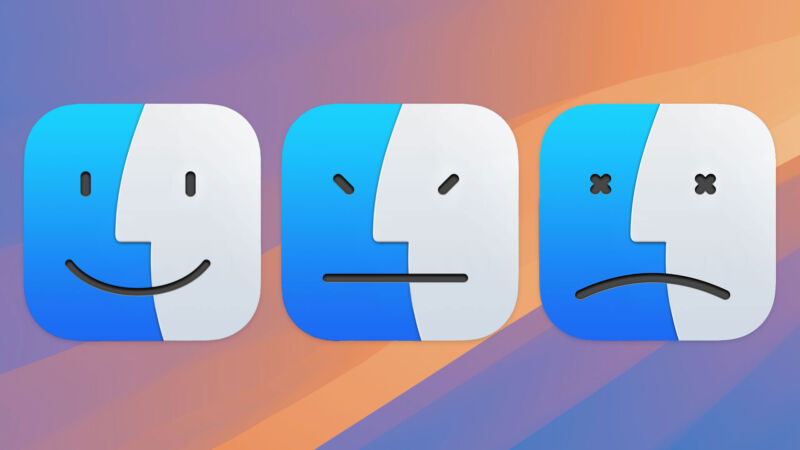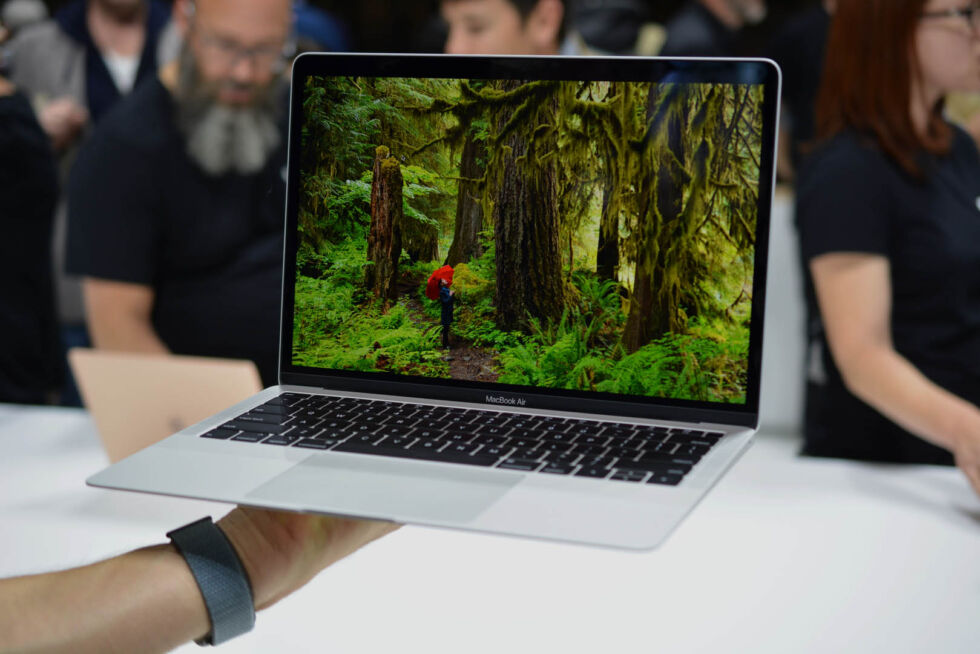
Aurich Lawson
As the Intel Mac era has wound down over the last couple of years, we’ve been painstakingly tracking the amount of software support that each outgoing model is getting. We did this to establish, with over 20 years’ worth of hard data, whether Intel Mac owners were getting short shrift as Apple shifted its focus to Apple Silicon hardware and to software that leveraged Apple Silicon-exclusive capabilities.
So far, we’ve found that owners of Intel Macs made in the mid-to-late 2010s are definitely getting fewer major macOS updates and fewer years’ worth of security updates than owners of Intel Macs made in the late 2000s and early 2010s but that these systems are still getting more generous support than old PowerPC Macs did after Apple switched to Intel’s processors.
The good news with the macOS 15 Sequoia release is that Apple is dropping very few Intel Mac models this year, a much-needed pause that slows the steady acceleration of support-dropping we’ve seen over the last few macOS releases.
The bad news is that isn’t true for the MacBook Air, generally the most important and bestselling of all Apple’s Mac models—the 2018 version of the Air (and a very lightly revised 2019-era variant of the same machine) are being dropped from the Sequoia support list, giving them by far the shortest support window of any MacBook Air since the very first one back in 2008.
And the uncertainty of being an Intel Mac owner in the Apple Silicon era persists, as we don’t know exactly when Apple plans to fully remove Intel support from macOS. Statistically, it could go either way—at least a few Intel Macs could have one more update coming, but Sequoia could also be the end of the line.
The data

Valentina Palladino
If you haven’t read our pieces about Intel Mac support in macOS 13 Ventura or macOS 14 Sonoma, here’s a quick overview of what data we’re collecting and what it means. You can also view the raw data in a spreadsheet here; the notes at the end of our macOS Ventura support article have some details on data collection.
For every modern Mac that Apple has released—where “modern” encompasses every model released since the original iMac, shortly after Steve Jobs’ return to the company—we’ve tracked down the date it was introduced and the date it was discontinued. We’ve also recorded the number of major macOS releases supported by each system, as well as the amount of time each Mac received basic security-only patches after it stopped being able to run the latest release of macOS.
We’re mainly paying attention to two spans of time: from the date of each Mac’s introduction to the date it stopped receiving major macOS updates and from the date of each Mac’s introduction to the date it stopped receiving any updates at all. We consider any Macs inside either of these spans to be actively supported; Macs that are no longer receiving regular updates from Apple have been dropped and will slowly become less secure and less compatible with modern apps as time marches on. We measure by years of support rather than number of releases, which controls for Apple’s transition to a once-yearly release schedule for macOS back in the early 2010s.
We’ve also tracked the time between each Mac model’s discontinuation and when it stopped receiving updates. This is how Apple decides what products go on its “vintage” and “obsolete” hardware lists, which determine the level of hardware support and the kinds of repairs that the company will provide.
Apple has occasionally suggested to us that it also uses these “vintage” and “obsolete” labels to pick which Macs are supported by a new macOS update and which aren’t. But our data has shown this isn’t true—Apple doesn’t support Mac hardware for longer just because the company sold that hardware for longer. If you buy an older Mac, whether it’s new, refurbished, or used, you’re usually also buying fewer years of active macOS updates.




















+ There are no comments
Add yours